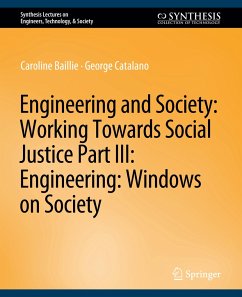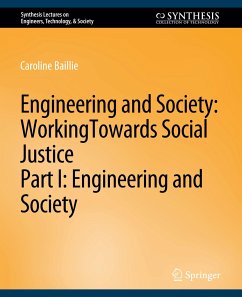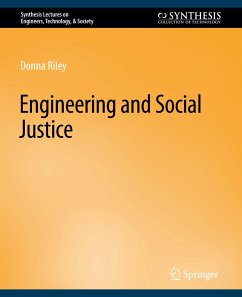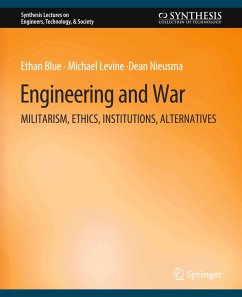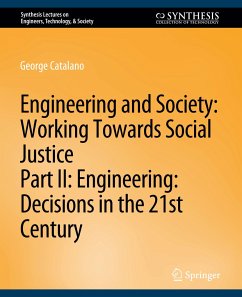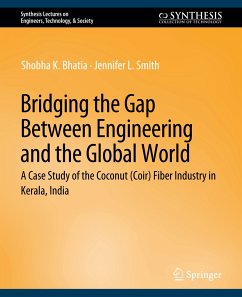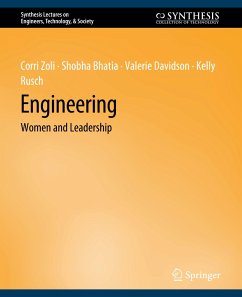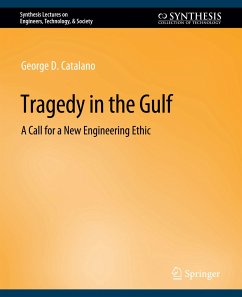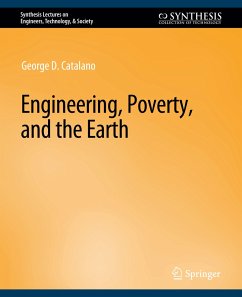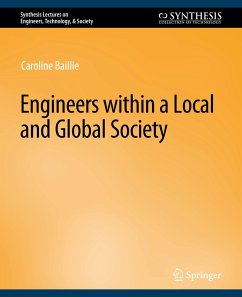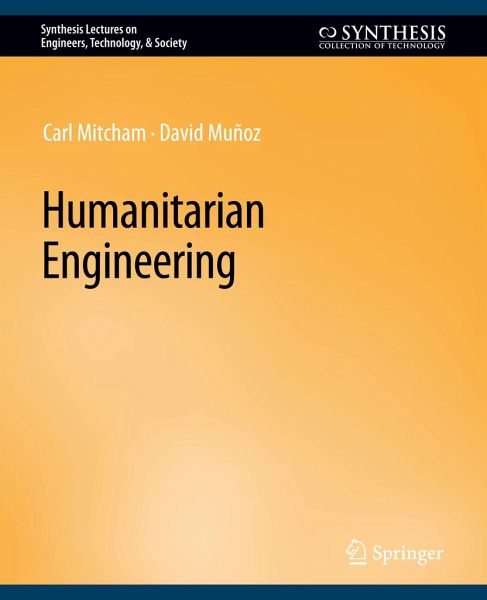
Humanitarian Engineering

PAYBACK Punkte
0 °P sammeln!
Humanitarian Engineering reviews the development of engineering as a distinct profession and of the humanitarian movement as a special socio-political practice. Having noted that the two developments were situated in the same geographical and historical space -- that is, in Europe and North America beginning in the 1700s -- the book argues for a mutual influence and synthesis that has previously been lacking. In this spirit, the first of two central chapters describes humanitarian engineering as the artful drawing on science to direct the resources of nature with active compassion to meet the ...
Humanitarian Engineering reviews the development of engineering as a distinct profession and of the humanitarian movement as a special socio-political practice. Having noted that the two developments were situated in the same geographical and historical space -- that is, in Europe and North America beginning in the 1700s -- the book argues for a mutual influence and synthesis that has previously been lacking. In this spirit, the first of two central chapters describes humanitarian engineering as the artful drawing on science to direct the resources of nature with active compassion to meet the basic needs of all -- especially the powerless, poor, or otherwise marginalized. A second central chapter then considers strategies for education in humanitarian engineering so conceived. Two final chapters consider challenges and implications.Table of Contents: Engineering / Humanitarianism / Humanitarian Engineering / Humanitarian Engineering Education / Challenges / Conclusion: HumanizingTechnology



